Further efforts are expected to drive the digital transformation of the financial sector, in order to ride the global digitalization wave and better support the development of real sectors like manufacturing, officials and business executives said.
Future trends in digital finance include increased use of mobile banking, digital employees, AI-driven risk control, edge computing in the internet of things and green finance. This transformation will require multiskilled professionals with both financial knowledge and digital skills to convert socioeconomic needs into financial products, they said.
Liu Weiliang, deputy director of the Beijing Municipal Bureau of Economy and Information Technology, said: "Digital technology is reshaping the financial sector's service patterns, operational models, and industry paradigms. Digital finance can boost the real economy by lowering service costs, reducing information asymmetry and enhancing service efficiency."
"While many institutions still rely on branch networks and professional employees for customer acquisition and service, future competitiveness will depend on the scale of financial databases and computing power, rather than asset size, numbers of regional branches or workforce," Liu said at the Digital Finance Forum, an event during the ongoing Global Digital Economy Conference.
Wu Lianfeng, vice-president at International Data Corporation's China branch, also shared his views on the future characteristics of digital transformation in the financial sector. "We will see more use of mobile banking, where a smartphone functions as a fully equipped mini-bank, handling over 90 percent of work. Digital employees will manage 90 percent of customer service and financial asset management tasks. Artificial intelligence-driven risk control is crucial, with 90 percent of banks adopting AI for effective risk management."
"Edge IoT will revolutionize microfinance, making financial services more inclusive and supporting the real economy. Additionally, green finance will also see substantial growth. By 2025, 25 percent of loans from leading global banks will be linked to sustainability," he said.
Edge IoT refers to the practice of processing data near the source of data generation, rather than sending it to a centralized cloud or data center, to improve real-time decision-making.
Experts also called for further efforts to leverage leading industries, enterprises and megacities to drive the digital transformation in the financial sector.
Song Xiaojun, vice-chair of a research institute that is part of China Construction Bank, noted that digital technologies like AI began to be applied in the financial sector over a decade ago. Banks, as a major force within the financial sector, have made significant strides in digital transformation, utilizing digital tools for information management, precise customer need analysis, risk prevention and control, and differentiated interest rates on different industries and clients.
"China has the largest user base globally and significant fintech hardware investments. However, there is a shortage of multiskilled professionals who understand finance, relevant industries and internet technologies, capable of converting socioeconomic needs into financial products," Song said.
"China's digital economy is worth 40 trillion yuan ($5.5 trillion), yet the financing amount of data asset mortgage is only 169 million yuan, indicating substantial growth potential and a need for data asset support," he added.
Talking about the role of megacities in leading digital transformation of the financial sector, Xu Xinchao, deputy secretary-general of the Beijing municipal government, said the city is piloting numerous supportive policies and measures, and building data infrastructure, promoting data aggregation and application in key industries, and ensuring the efficient realization of data asset value.
Li Xin, government head of Shijingshan district of Beijing, said the district is advancing a digital renminbi pilot zone. It has also set up an innovation center for data asset circulation and an intelligent computing power center. The district has signed partnership agreements with 10 institutes and businesses to incubate a batch of digital finance projects at the just-concluded Digital Finance Forum.










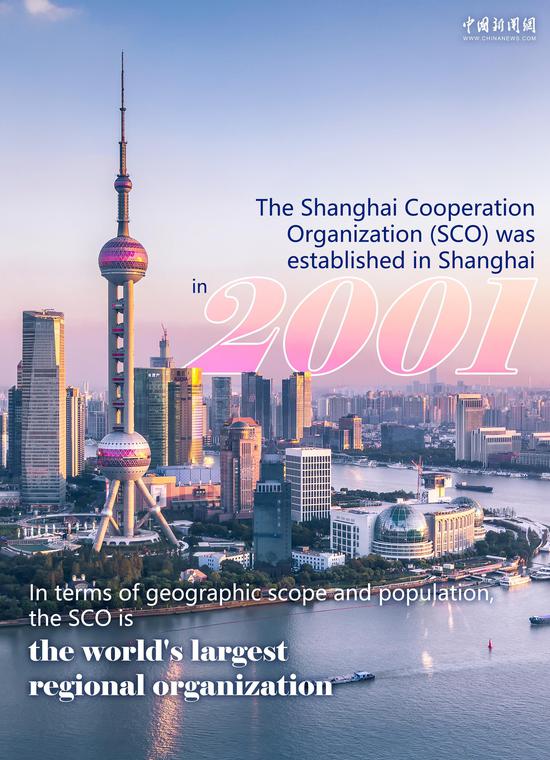



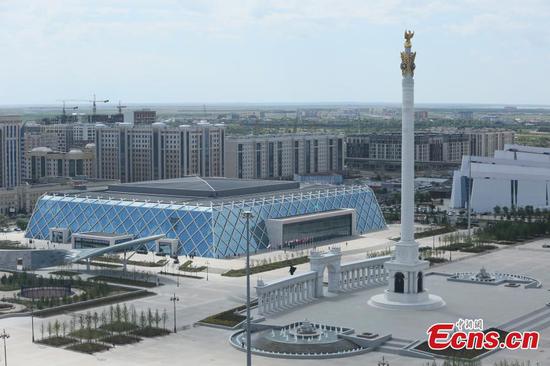







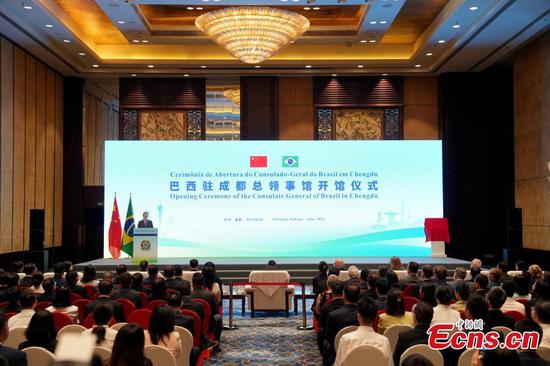


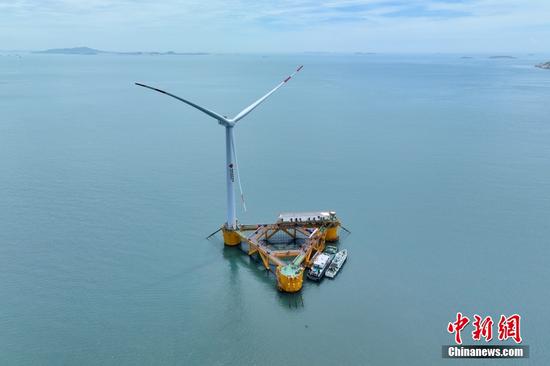
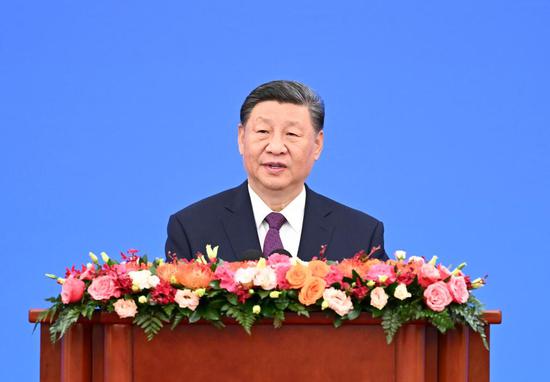

















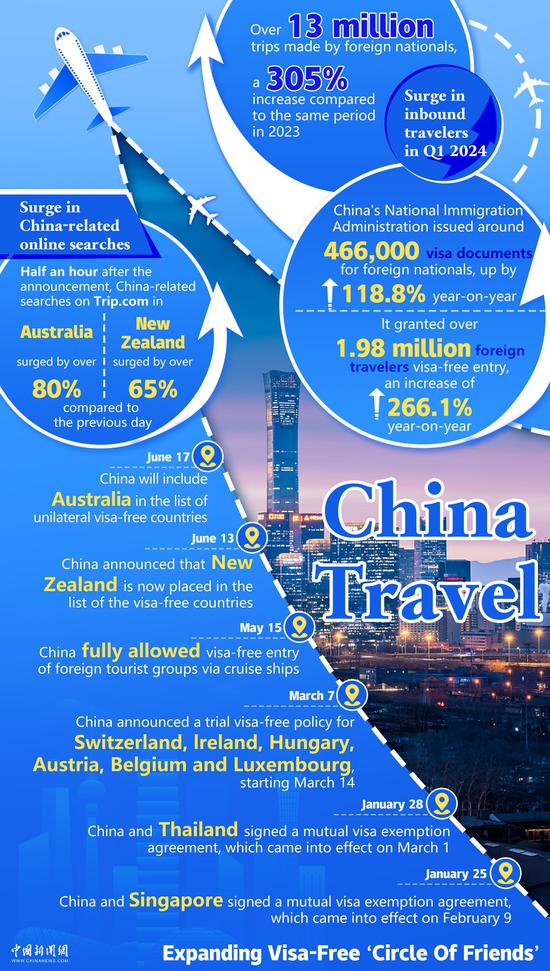





 京公網安備 11010202009201號
京公網安備 11010202009201號